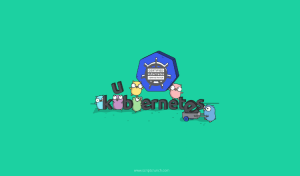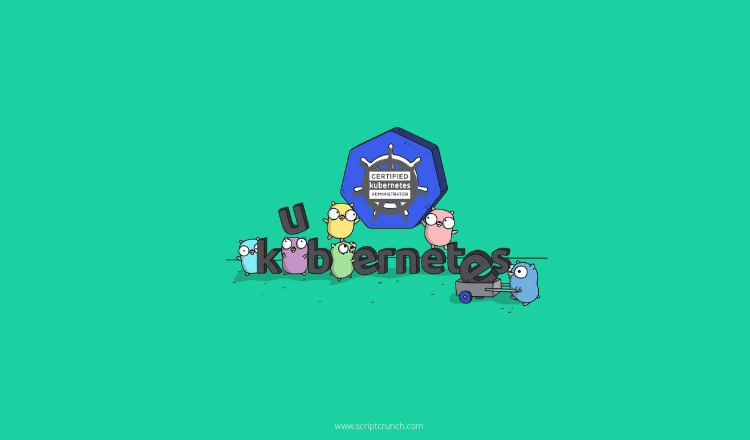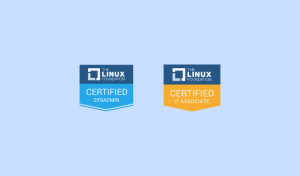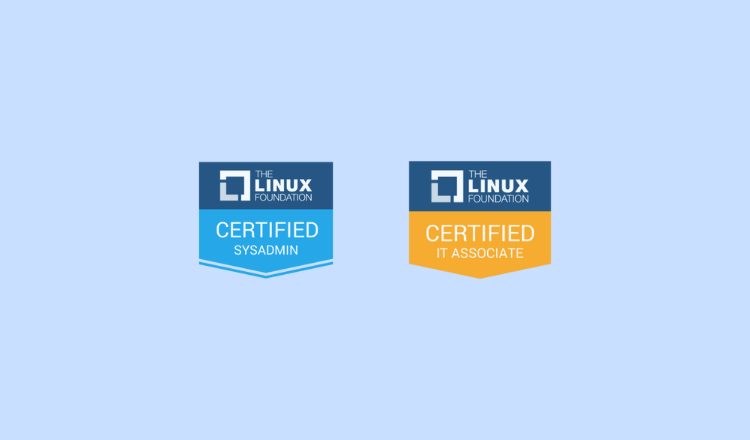Setting Up Ruby On Rails Environment On Windows, Linux And Testing The Application With Heroku PaaS
- Last Updated On: February 2, 2016
- By: Scriptcrunch Editorial
Setting up rails environment on ubuntu:
I have already written a post for setting up rails environment on ubuntu. Follow this link for that article Rails on Ubuntu
Setting up rails environment on windows:
2)If your are behind the proxy, you will not be able to install the gems using bundler. So make sure you set the proxy in cmd promt. Eg: set http_proxy= http://your_proxy:port
3)Open command prompt and CD in to sites folder using cd cd:sites. Run the following command to create a new rails application.
rails new my_app
4)Your rails application will be created when the above command is executed. Rails comes with a default webrick web-server, so you don’t have to configure a web server for running your applications locally. Make my_app as your current directory and execute the following command to start the rails server.
$ rails s or
$ rails server
4)In your web browser go to localhost:3000 , you will find the welcome page of the newly created rails application “my_app”.
Now we have a running rails application which is set up locally. We can test our rails application in Heroku, a platform as a service which basically offers free plans for hosting basic applications. So that you know how your application looks in the production environment.
Setting Up Heroku For Rails Application Deployment:
group :production do
gem 'pg' '0.12.2'
end
Scriptcrunch Editorial
Other Interesting Blogs

Linux Foundation Coupon for July 2024
Hi Techies, I wanted to let you know about a pretty sweet deal with the Linux Foundation Coupon that is running now.


CKA Exam Study Guide: Certified Kubernetes Administrator
This comprehensive CKA certification exam study guide covers all the important aspects of the Certified Kubernetes Administrator exam and useful resources. Passing


[40% OFF] Linux Foundation LFCA, LFCS & LFCT Exam Voucher Codes
Linux Foundation has announced up to a $284 discount on its Linux certification programs Linux Foundation Certified IT Associate (LFCA) and Linux


